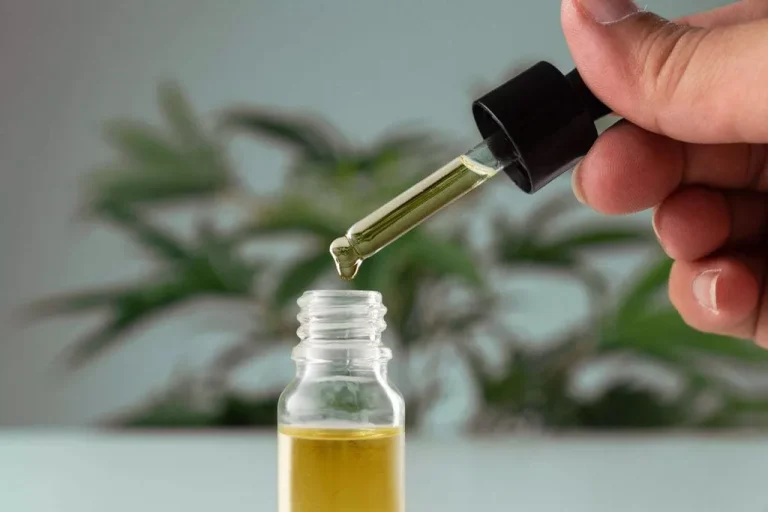Effective Strategies for Relapse Prevention in Addiction Recovery

Recovery from drug and alcohol addiction can be a long and challenging process. Eat a well-balanced diet with lots of fresh fruit and vegetables, lean protein, and whole grains. Following these healthy habits will help you feel better and more in control of your life. Certain people, places, and situations can drive you back into drinking or using drugs again. Relapse means going back to using after you’ve been abstinent for some time. The relapse prevention plan National Institute on Drug Abuse estimates that 40 to 60 percent of people who were once addicted to drugs will eventually relapse.

How to Manage Cravings
Mobile apps, biosensors, and other digital tools provide innovative ways to help individuals maintain their recovery, monitor their progress, and stay connected to support networks. You’ll find worksheets to recognize triggers, outline coping skills, and set goals, along with tips on managing cravings and stress. If you need additional help, seek support from a mental health professional or addiction specialist. You might find it easier to create an effective and comprehensive relapse prevention plan with the help of a professional. If you are currently engaging in therapeutic support, utilizing a sponsor, or attending meetings, you could discuss your plan in these settings. A therapist may be able to advise on specialist interventions and techniques that you can include.
- They’re based on building your knowledge and skills to combat substance use.
- When facing a relapse, it can be helpful to reinvest energy and time intosupport groups.
- Family counseling and therapy sessions may help loved ones to better understand the disease of addiction and learn to recognize potential relapse triggers and ways they can support in those instances.
- This article highlights the key components of an effective relapse prevention plan and some tips and steps to help you create a plan that addresses your requirements and triggers.
- This can allow you to remove aspects that you feel are not helpful and add aspects that you think might benefit you in the future.
- Make sure the people included in your plan have the necessary knowledge should you need their assistance.
- Future prospective research on predictors of relapse should include validated questionnaires to systematically examine these variables are possible predictors of relapse.
Physical Relapse
- If you experience a lapse or a close call, use it as a learning opportunity.
- Understanding this perspective allows individuals to see their setbacks as opportunities for growth rather than debilitating defeats.
- Support groups and 12-step programs like Alcoholics Anonymous (AA) and Narcotics Anonymous (NA) can also be very helpful in preventing relapses.
- Drawing up a fully fledged relapse prevention plan requires approximately six meetings of patient, relatives and the professional.
- Acknowledging that future relapses can happen allows you to approach them proactively.
Staying committed to recovery requires ongoing effort, self-awareness, and adaptability. Your relapse prevention plan should evolve with you, reflecting your growth and the changing dynamics of your life. Regularly reviewing and updating your plan keeps it relevant and effective, ensuring that it continues to serve your needs as you progress in your journey. Your support network is a critical component of your relapse prevention plan. This section should include detailed information about the groups and individuals who are part of your support system. Compile a list of who you can call if you experience cravings, what you can do to distract yourself from cravings and how you can stop a craving altogether.

Will Hemp Products Show Up on a Drug Test?
You may =https://ecosoberhouse.com/ practice coping techniques such as breathing exercises, regulating emotions through journaling, saying “no” to situations that do not serve your recovery, and exercise. Recovery is an ongoing process, so having the right tools can help you manage addiction or mental health conditions. The National Institute on Drug Abuse says newer treatments are designed to help with relapse prevention.1 Some people using these therapies don’t return to drugs.
Relapse Prevention (RP): Definition, Plan, Strategies, and Worksheet

Stay connected with your support network through regular check-ins via phone calls, texts, or in-person meetings. These connections provide strength and accountability, crucial for everyday recovery Twelve-step program maintenance. For informational purposes only, a link to the federal Centers for Medicare and Medicaid Services (CMS) Open Payments web page is provided here. Start with your list of identified triggers, and move through them one by one. Your plan might involve a list of the people you will call, the actions you will take, and what you will do instead of returning to substance use. Since relapse often starts with the emotional and then mental aspects, it’s important to recognize your own personal responses.
